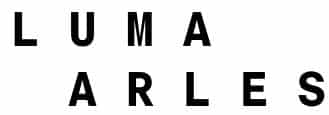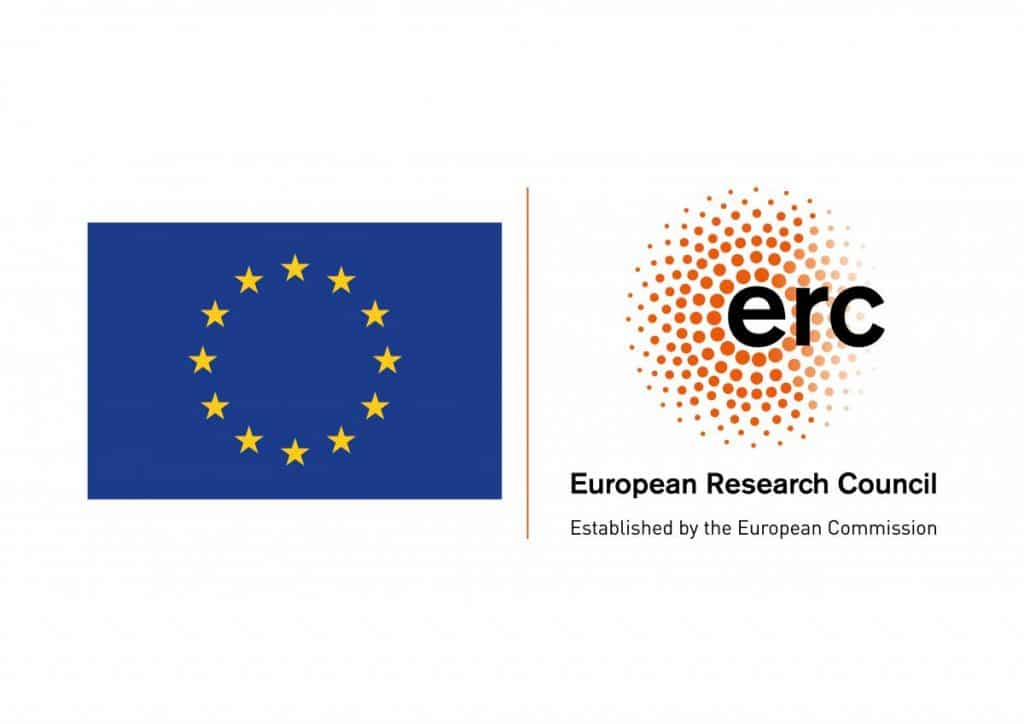

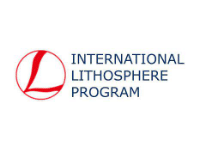
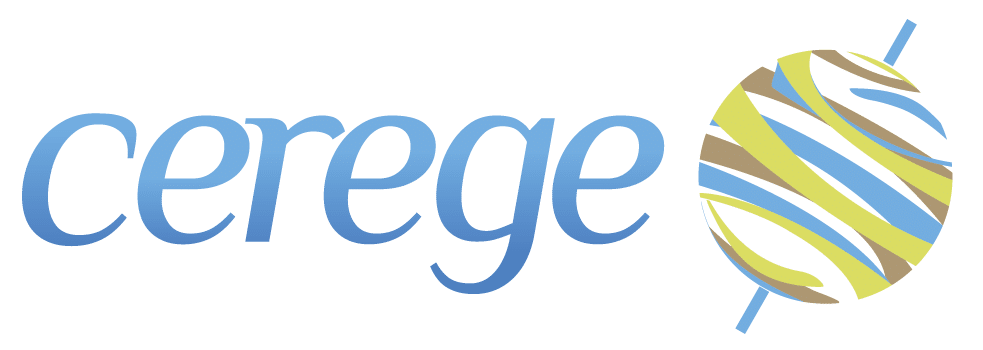
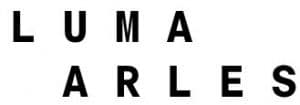
Overview
Please mark your calendars for the 1st BioGeoPhylo workshop, March 26-28 2025, focusing on the links between climate, tectonics, and the evolution of species in deep time.
The first circular of the workshop can be found here.
The workshop will bring together a small set (30-40) of biologists, geologists, and paleontologists working at the interface of Earth and Life Sciences. The goal of this first edition is to identify where to go next to model/predict the impact of climate and paleogeography on extinction, diversification, and dispersal events, and to incorporate these controls in the calculation of phylogenies. To narrow the focus of this year’s edition, we will favor talks addressing the terrestrial realm (i.e. terrestrial species and continental climate and ecosystems).
The workshop will last 2.5 days (March 26-28, 2025) with an alternation of talks and discussion panels. A roughly equal speech time will be given to experts from different fields of Geology and (paleo-)Biology. We invite speakers to avoid jargon and to be pedagogic, in order to fill the language gap between our different disciplines.
Our schedule will include a discussion focused on the identification of most federative research directions and their adequate national and European funding tools to fund one (or several) international projects on the matter.
The list of attending participants can be found here and will be updated regularly.
Location
The location of the workshop is in Arles, southern France. Arles is 40 minutes by train from Marseille (Marignane) International Airport, 1h30 by train from Lyon (Saint Exupery) International Airport, and is connected by direct trains from Paris, Lyon, Marseille, and Montpellier.
Arles is a former Roman city and one of the cultural centers of Provence. Arles is the capital of the Camargue Region. It is the city of Van Gogh, is famous for its Roman amphitheater and baths, its historical pedestrian downtown and yearly photography festival.
The workshop will be held at Luma Arles, a wide a new artistic complex dedicated to contemporary art, designed by Maja Hoffmann (including the Tower, built by Frank Gehry). The workshop will include time for wandering in the art collections and an organized visit.
There are multiple housing options in downtown Arles, for all budgets. The city is small and all sites can be reached by walking.
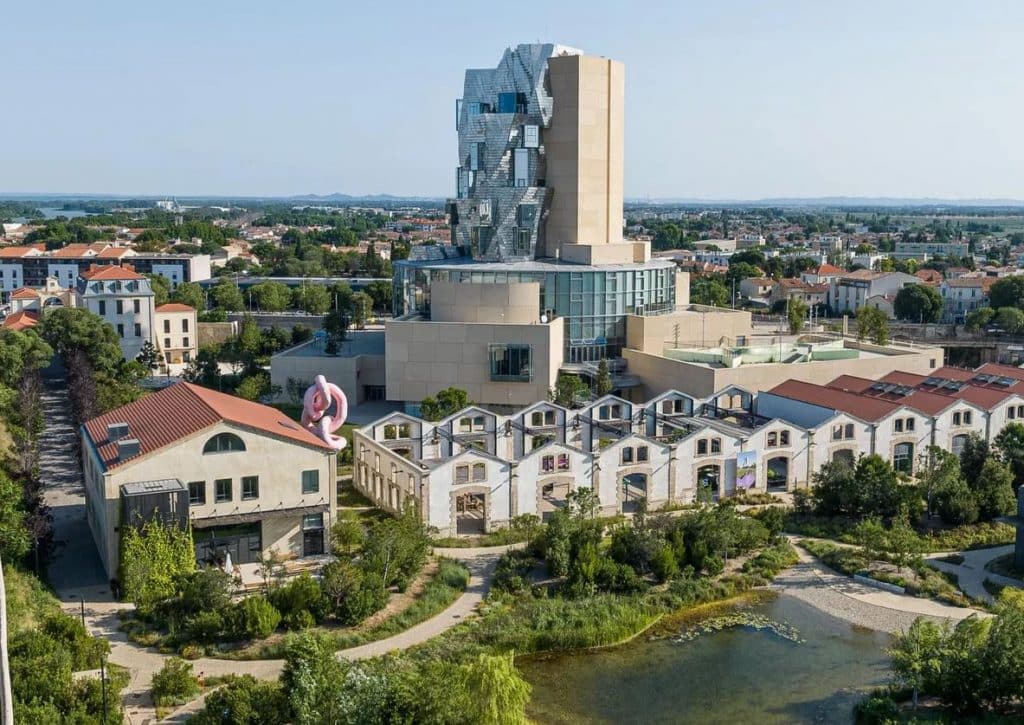
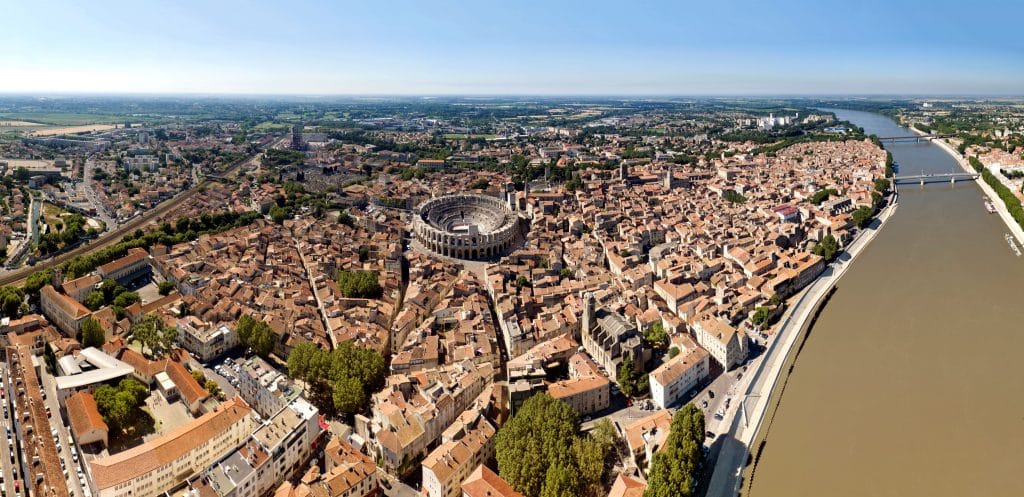
Registration and financial support
To register to the workshop, contact us before February 1st, 2025. The participation to the workshop is free of charge.
The organizing committee offers to cover part or all of the transportation and housing costs for the attendees, depending on the fiduciary situation of each individual and the total amount of requests. If you requested a total or partial cover of your housing and transport expenses, make sure you make your booking via contact us, and this before February 15th (The French CNRS requires to go through its own booking platform if you want to be reimbursed).
Talks & posters
The workshop is divided in three broad sessions divided in successive mini-slots including one to three talks followed by a Q&A and discussion time. Talk duration is flexible but cannot outlast 25 minutes. We invite speakers to avoid jargon and topics that are too technical (i.e. of limited interested beyond their discipline). We encourage speakers to present syntheses and broad state-of-the-art talks about their discipline and their contribution to it.
Poster presentations are also welcome and can include more technical topics. Do not hesitate to bring one of your old posters to highlight your recent work. The second evening event will occur around the posters.
Note that the workshop is in-person only. We do not plan to offer a hybrid presentation mode.
Preliminary Schedule
March 26th
6pm: ice-breaker at the Drum Café and dinner in town.
March 27th
9am-10:30pm: welcome talk and session 1.
10:30-10:45pm: coffee break.
10:45am-12:30pm: session 1.
12:30-1:30pm: lunch break.
1:30-3pm: session 1.
3-4:30pm: break / visit of the collections.
4:30-6:30pm: Session 2.
6:30-8pm: drinks and posters.
8pm: dinner at the Arlatan Restaurant.
March 28th
9am-10:30pm: session 2.
10:30-10:45pm: coffee break.
10:45am-12:30pm: session 3.
12:30-1:30pm: lunch break.
1:30-3:30pm: session 3.
3:30-3:45pm: coffee break.
3:45-5:30pm: Discussion on future directions, brainstorming on a common research project and funding opportunities.
Sessions
The list of the three sessions is presented below, with the expected speakers. This list is preliminary and might evolve depending on the attendees.
Session 1: From the field to the lab: geological and paleontological constraints on species distribution
Lydian BOSCHMAN (Department of Earth Sciences, Utrecht University)
Ben SHIPLEY (Oxford University)
Alexis LICHT (CEREGE, Aix-Marseille University)
Sean WILLETT (ETH Zurich)
Christopher BEARD (Kansas University)
Carina HOORN (IBED, University of Amsterdam)
Corentin GIBERT (Georgia Tech)
Session 2: Recent developments in the reconstruction of phylogenies, extinction and diversification rates
Christine BACON (University of Gothenburg)
Ignacio QUINTERO (Ecole Normale Supérieure, Paris)
Andrea SANCHEZ-MESEGUER (Real Jardín Botanico de Madrid)
Isabel SANMARTIN (Real Jardín Botanico de Madrid)
Thomas COUVREUR (DIADE, IRD)
Session 3: From the deep Earth to the atmosphere: modeling external controls on the biosphere
Hélène MORLON (Ecole Normale Supérieure, Paris)
Laurent HUSSON (ISTERRE, Grenoble University)
Ben MILLS (University of Leeds)
Pietro STERNAI (University of Milano)
Taras GERYA (ETH Zurich)
Organizing Committee and funding
The workshop is organized by Alexis Licht (CEREGE, Aix-Marseille University) with the administrative support of Sylvie de Freitas (CEREGE), the scientific advice of Fabien Condamine (ISEM, Montpellier University) and Thomas Couvreur (DIADE, IRD).
The workshop is supported by the ERC CoG DISPERSAL (Grant number 101043268) focusing on understanding and modeling past dispersal events, and is co-organized by COST Action CA23150 – pan-EUROpean BIoGeodynamics network (EUROBIG) and sponsored by International Lithosphere Program Task Force Biogeodynamics of the Lithosphere. It also benefits from the support of the CEREGE institute (UMR7330) of Aix-Marseille University. It is hosted by Luma Arles.




